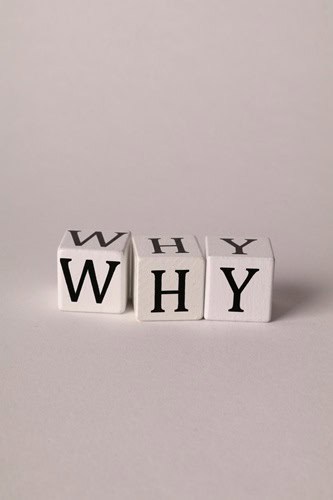If We Have Our Own Why
By Tom Horvath, PhD
“If we have our own why, we shall get along with almost any how.” –Friedrich Nietzsche, Twilight of the Idols, Maxims and Arrows, #12, translated (1954) by Walter Kaufman, originally published 1889.
 Our Own Why
Our Own Why
There is a range of “whys” that explain how we behave. We have in-the-moment behaviors like eating (why? “I’m hungry”). As we mature, we also have much longer-term timeframes, such as multi-year educational plans (why? “I want to be an X”), and multi-decade parenting plans (why? “I want to give my children opportunities and an upbringing that I did not get to have”).
You can probably recall many examples of how you tolerated discomfort or pain for the sake of a longer-term outcome. I suggest that it is helpful to make a list of these experiences in your life. The list can remind you of the capacity you already have to work on “why” regardless of the “how” you need to put up with.
Resolving an addictive problem is a clear example of ‘why and how.’ If the positive changes you seek are clear enough to you (“why” you want to change), then the “how” of the transition period can be tolerated. That transition period could include a withdrawal process (days to weeks), creating new routines, coping with craving, navigating old situations in new ways, adjusting and maybe overhauling your social world, feeling lost, anxious, sad, guilty, ashamed, and any number of uncomfortable emotions, and any number of other difficulties.
Losing track of “why” will easily lead to a return to the previous addictive behavior. It appears that many perhaps most significant addictive problems are resolved in a back-and-forth manner over months, years, or decades. With luck each return to the addictive behavior results in an increased sense of “why” the change is important.
Perhaps one of the biggest “whys” of changing an addictive behavior is that it releases us from a significantly short-term way of living. Free of the addictive problem we can begin to think of “whys” that will carry us forward for years or decades, and that could leave a legacy beyond our lifetime for others to build upon.
Liked this article on our own why? You might also be interested in: We Are Disturbed Not By Events.
